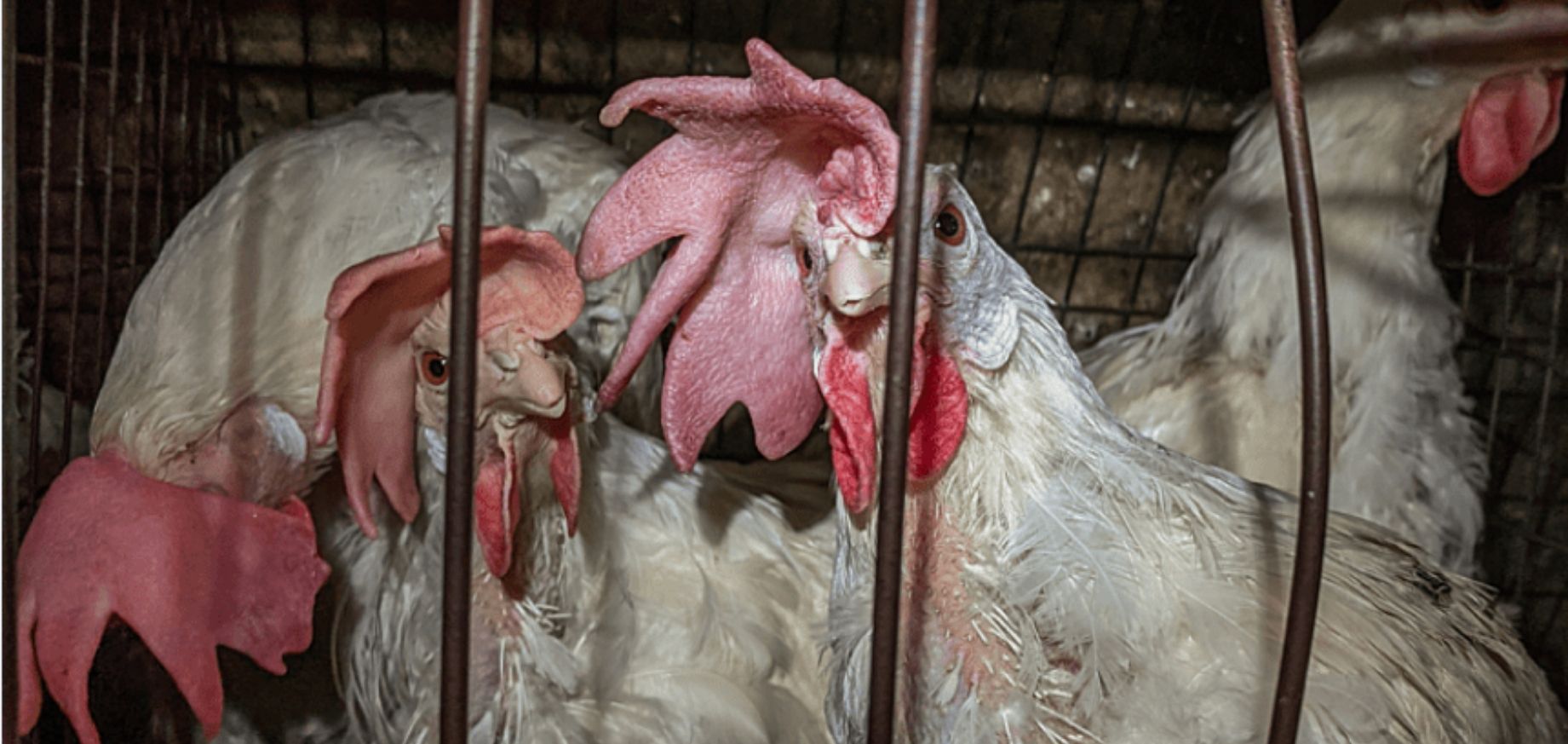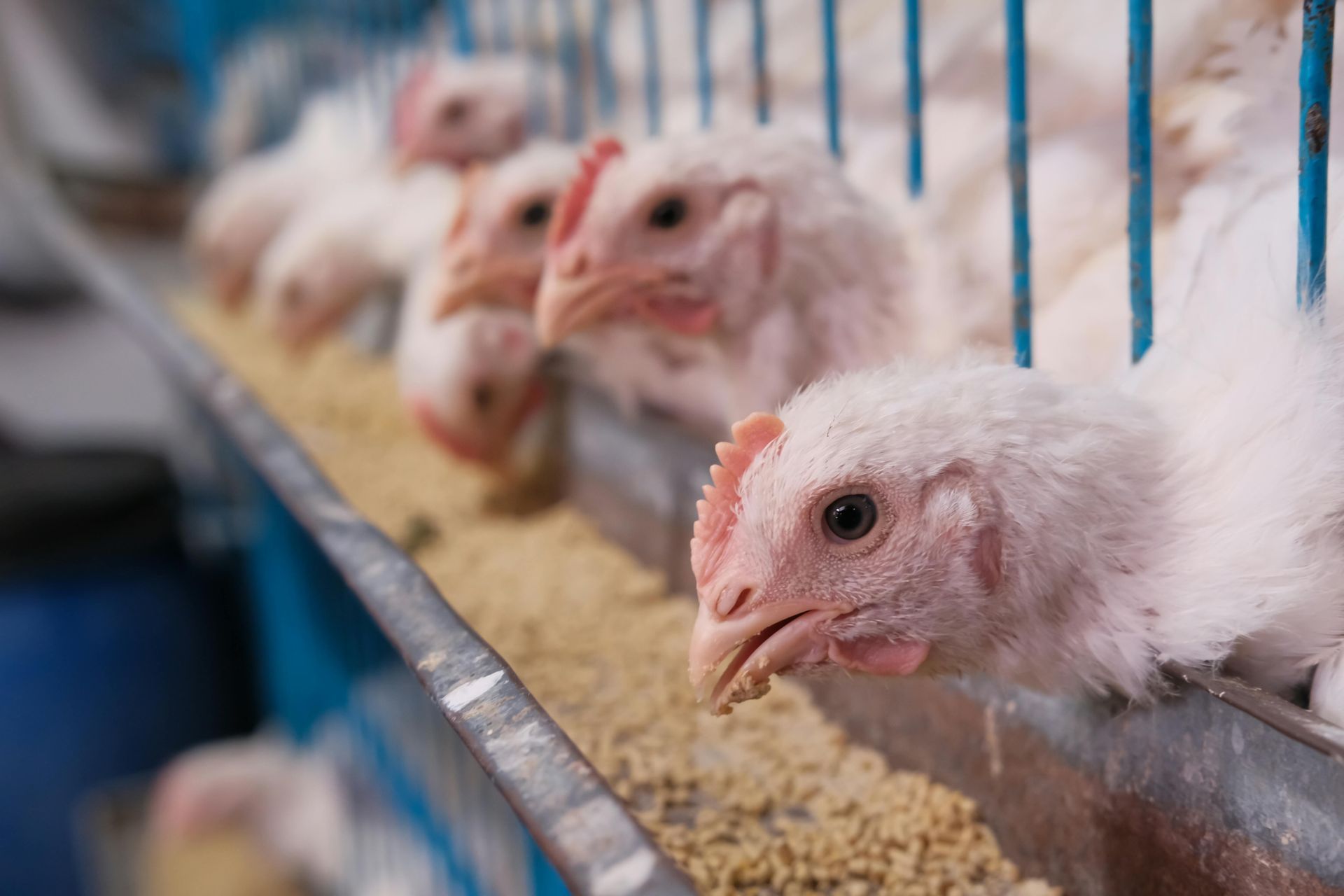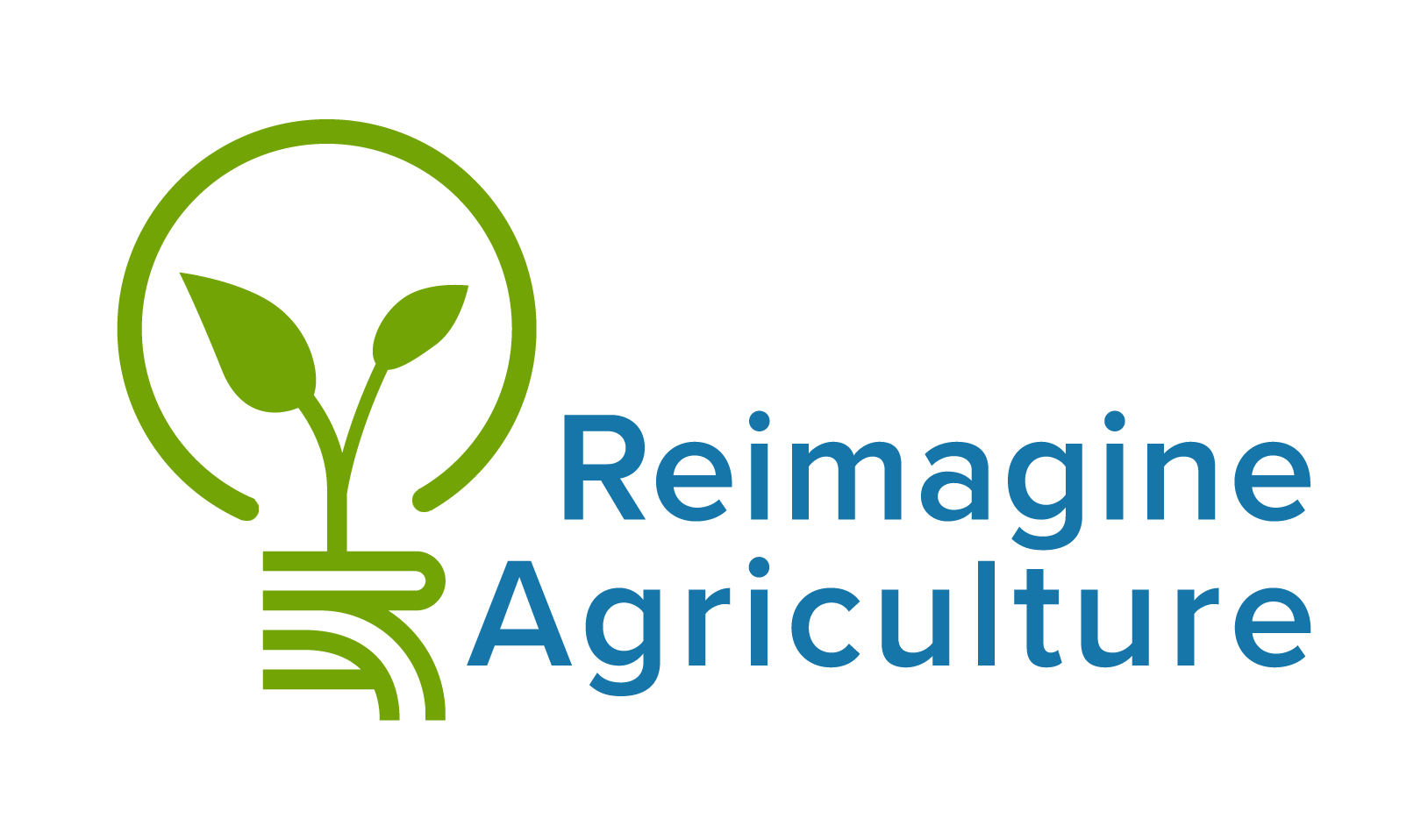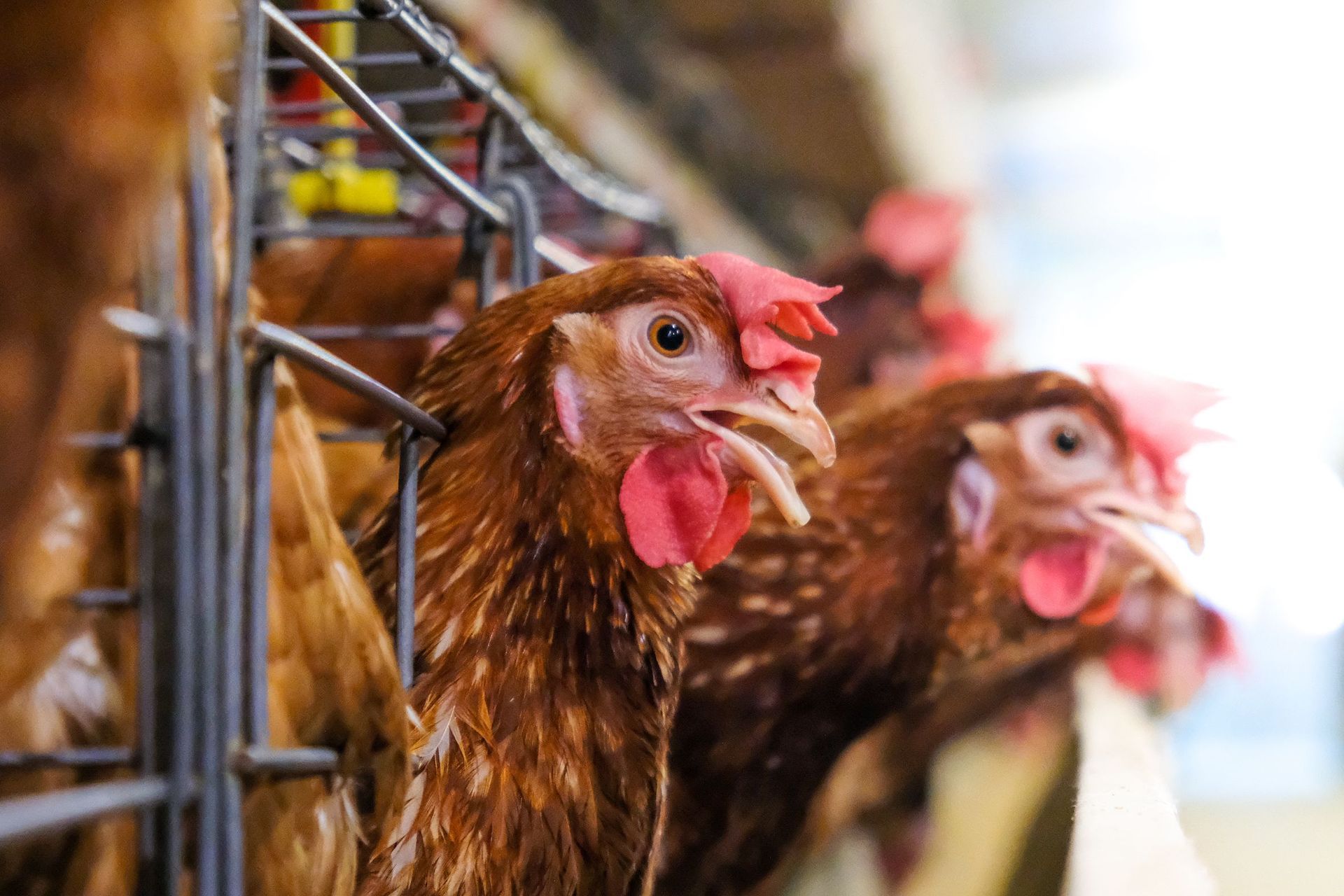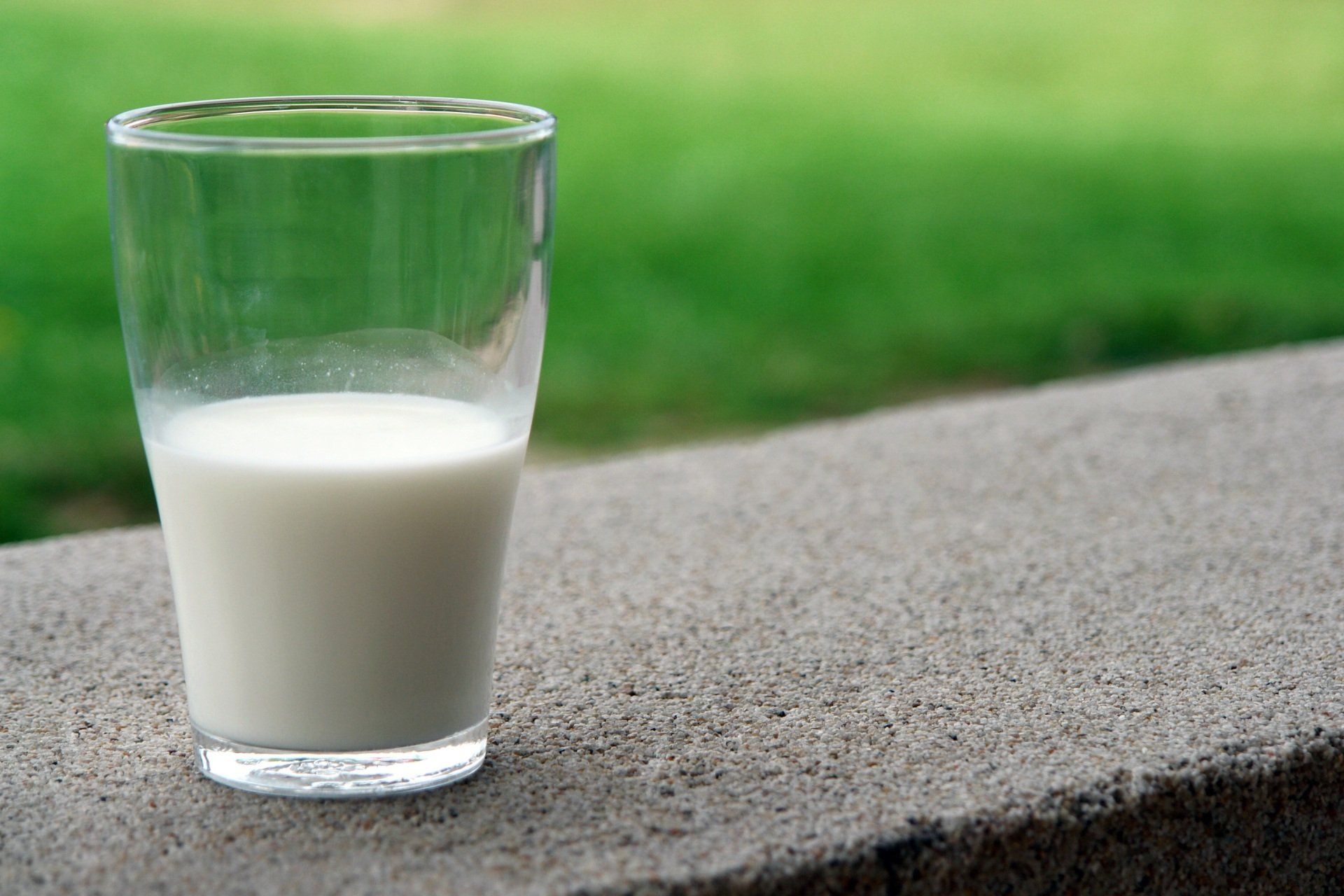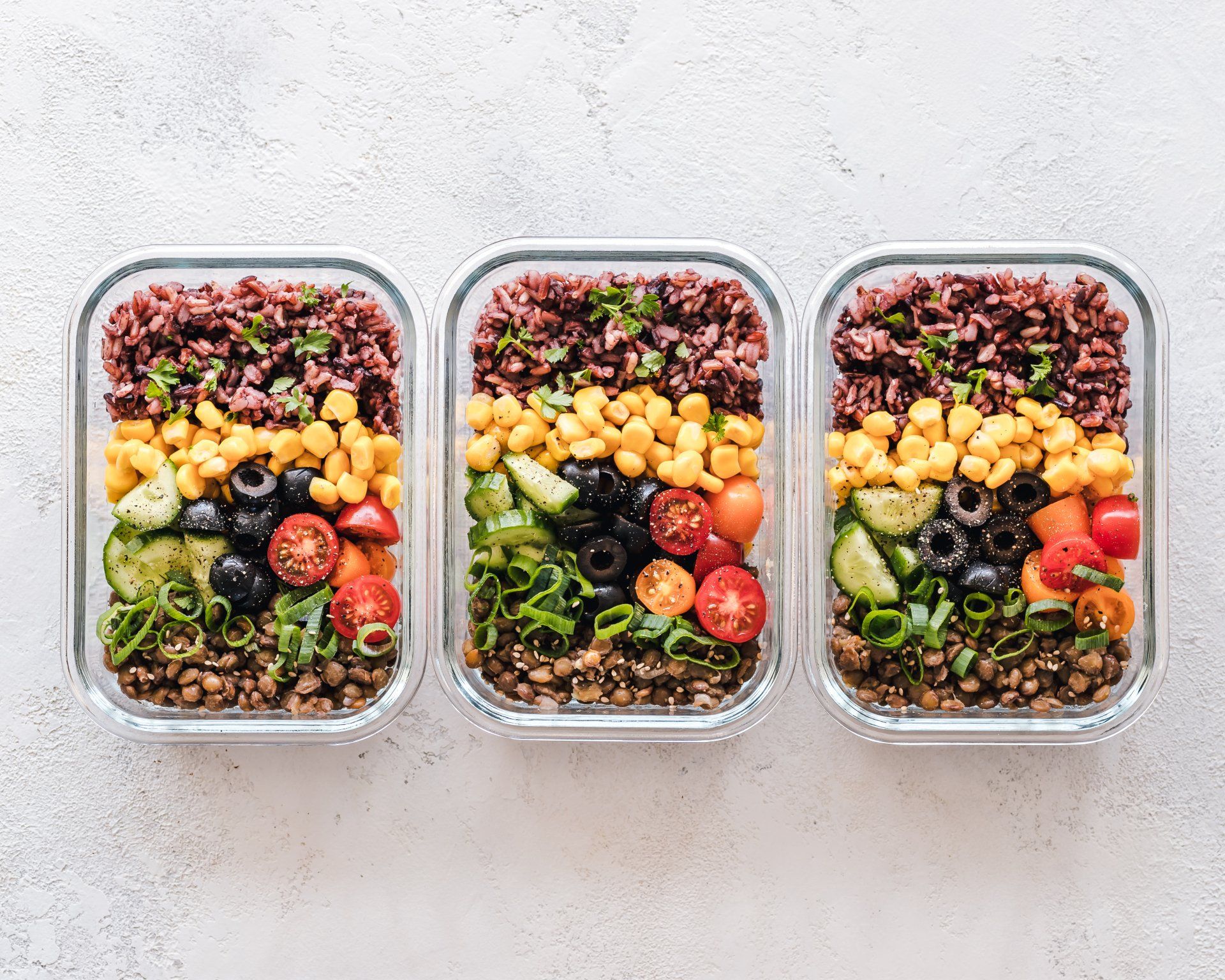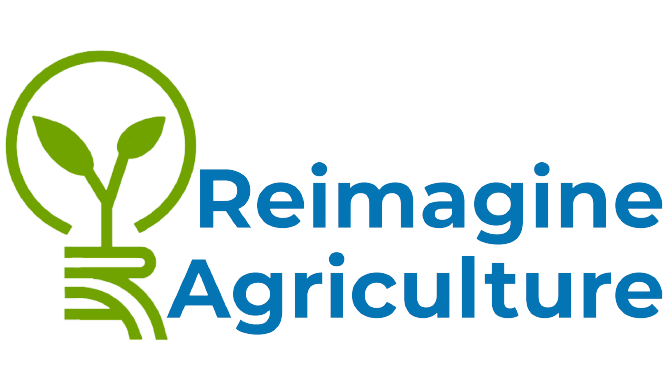Where’s the Milk? The Changing Status of Milk Recommendations in Canada’s Food Guide
By Nicole Gavigan, Education Specialist at Reimagine Agriculture
Have you seen Canada’s newest Food Guide? It was released in 2019, and it’s quite different from past food guides you may remember!
1992 Canada’s Food Guide (left), and 2019 Canada’s Food Guide (right)


Adapted from:
Canada’s Food Guide
The new Guide does not include serving sizes, daily serving recommendations, or the food groups we once knew. This means that for the first time in its history, Canada’s Food Guide does not include a recommendation for everyone to drink milk daily. This is quite a big difference from the previous Guide, released in 2007, which recommended anywhere from 2 to 4 daily servings (depending on your age) of milk or milk products for everyone.
So how did this major change come about?
The recommendations in past versions of Canada’s Food Guide were partly influenced
by food and beverage industry representatives. But before the development of the 2019 Guide began, significant restrictions were put in place to prevent industry from lobbying to influence the Guide’s content. Industry reps could attend the public consultations, but were not permitted to directly lobby the team responsible for developing the Guide. So food and beverage industry lobbyists were
not
present during the development of the 2019 Canada’s Food Guide. Interesting that this version also had the most significant changes to nutrition recommendations!
While it’s true that the 2019 Canada’s Food Guide does not include a daily milk recommendation, the Guide hasn’t abandoned milk products entirely. The front of the new Guide shows almost no milk products at all, but does include one small cup of yogurt in the image – and the back of the Guide includes photos with glasses of milk. Canada’s Food Guide also has an
extensive website with more detailed guidance on healthy eating. There, we find
recommendations to choose dairy products that are lower fat instead of full fat, and that low-fat milk and dairy are healthy protein choices.
The 2019 Canada’s Food Guide shows just one small cup of yogurt, circled here in blue, on the front (left), and a couple of glasses of milk on the reverse side (right)
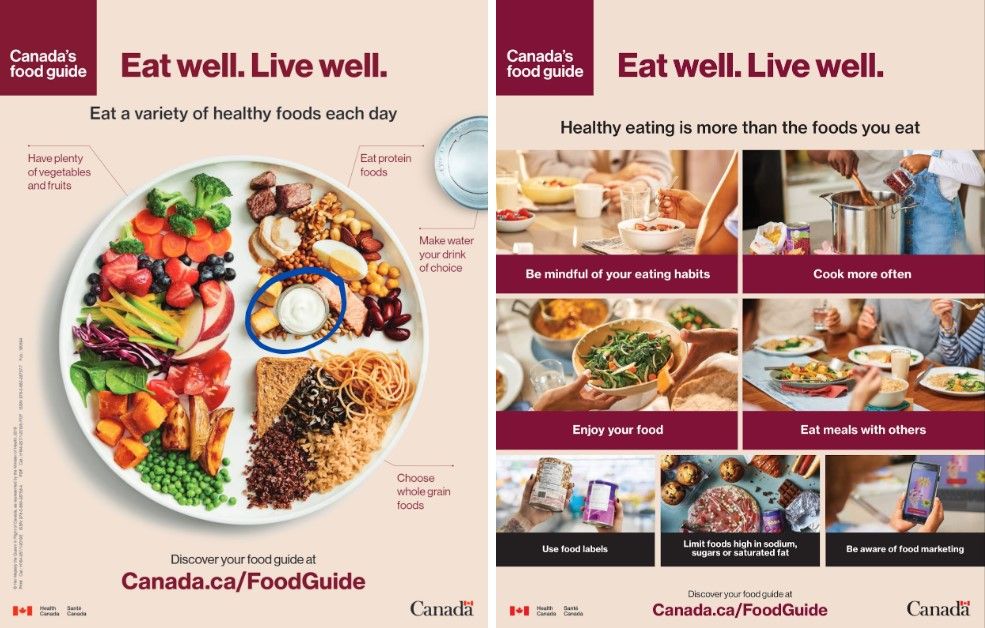
Adapted from:
Canada’s Food Guide
How is Canada’s Food Guide developed? What are those nutrition recommendations based on?
Canada’s Food Guide is created from an evidence base that includes scientific research on nutrition and health, the context of Canadian populations and environments, and the usage of current nutrition guidance. This evidence comes from multiple sources, including data on the dietary intake and nutritional status of Canadians, health claims and reports from federal agencies, Dietary Reference Intakes, recent nutrition research, and assessment surveys of previous versions of Canada’s Food Guide.
The quality and credibility of nutrition research is assessed, and only high-quality, peer-reviewed research, along with reports from government or scientific organizations are included in the evidence base. This evidence then forms the basis of Canada’s Dietary Guidelines. Canada’s Food Guide is a summarized version of these guidelines, intended as a tool for the public to use daily to guide their eating.
Why does the 2019 Canada’s Food Guide focus on plant-based foods?
One primary dietary guideline has influenced the 2019 Food Guide’s move away from milk recommendations and towards more plant-based proteins. The guideline states that Canadians should decrease their intake of animal proteins while increasing their intake of plant proteins, as well as decrease their intake of saturated fat while increasing their intake of unsaturated fat. This guideline is based on convincing findings from a large volume of high-quality research that show a decreased risk of cardiovascular disease in those who eat plant-based diets (and as a result, less saturated fat). Dairy products, including milk, are high in saturated fat and are actually
the only food group that has more saturated than unsaturated fat.
Should I still be drinking milk?
It’s clear that current scientific evidence no longer supports daily recommended milk servings for everyone. Canada’s Food Guide indicates that dairy products can still fit into a healthy diet if they are lower fat, and in smaller quantities than past guides would have suggested. But the overall message from Canada’s Food Guide is clear – they no longer recommend that all Canadians should drink milk daily.
Why is plant-based eating important?
Canada’s Dietary Guidelines were developed to align with health-related research, but there are other factors that are impacted by our diet.
Plant foods have a lower environmental impact than animal foods, and adopting a plant-based diet is one way that we can reduce our carbon footprint. Canada’s Food Guide is developed with consideration to our nutritional requirements – most Canadians don’t eat enough fruits, vegetables, or whole grains, so more emphasis was placed on these foods. The foods seen in the plate image of Canada’s Food Guide were chosen based on variety, cost, cultural relevance, and how available they are in different formats – fresh, frozen, canned, or dried.
Did you know? Frozen vegetables are just as nutritious as fresh!

Image by Freepik
As time passes, the environment around us changes, new nutrition research is produced, and nutrition recommendations will change too. To learn more about Canada’s newest Food Guide, and its potential impacts on public and environmental health, check out our video series here and the previous article in this series here! Be sure to follow us on social media (@reimagineagriculture) for updates on our campaigns, and to find out how you can get involved.
